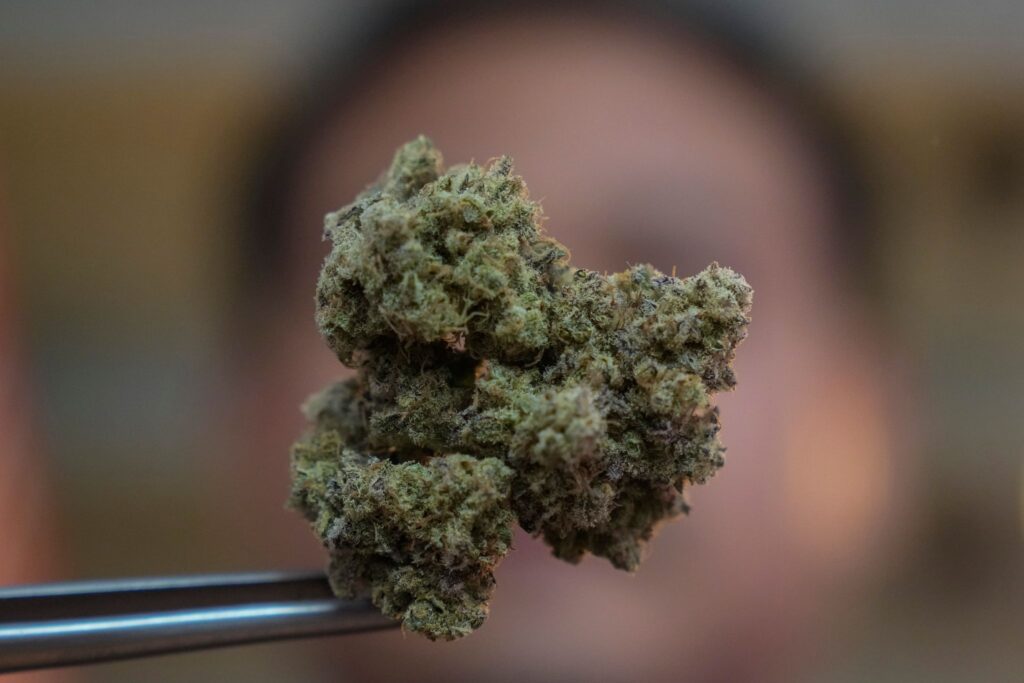Thailand’s Cannabis Regulations: A Shift Towards Restriction
Bangkok, a city often celebrated for its progressive policies, is witnessing a significant change in its cannabis laws. After being the first nation in Asia to decriminalize cannabis, Thailand’s Prime Minister Srettha Thavisin announced plans to reinstate restrictions on the drug amid increasing concerns regarding its availability to minors and rising crime rates related to its use.
Concerns Over Cannabis Use
-
Availability to Children: The decriminalization of cannabis in 2022 was initially aimed at promoting medicinal use, but the lack of regulation has made it easily accessible, particularly to younger populations.
- Rise in Crime: As cannabis became more widely used without stringent checks, associated criminal activities surged, prompting public passion and debate around cannabis regulation.
In a statement made on the social media platform X, Prime Minister Srettha expressed his commitment to rectify the situation by requesting the Health Ministry to reclassify cannabis as a narcotic. This move is aimed at ensuring that cannabis use is limited to medical purposes only and to safeguard public health.
New Regulations in the Pipeline
The Prime Minister’s directive comes with a clear timeline:
-
Health Ministry Directive: The Health Ministry has been asked to amend its narcotics list to include cannabis again.
- Immediate Action Plan: Local authorities are expected to effectively combat illegal drug trafficking, with progress to be reported within the next 90 days.
This overhaul in regulations reflects a collective political consensus among major parties, including the Bhumjaithai Party, which originally championed the decriminalization effort. During the recent elections, all political factions committed to prioritizing medicinal use of cannabis, revealing a notable shift in public sentiment.
Economic Implications of Cannabis Regulation
Despite the push towards stricter regulations, not all stakeholders are on board with the proposed changes. Cannabis advocates and entrepreneurs have voiced strong opposition, fearing that such drastic measures could negatively impact Thailand’s economy. Legal cannabis has become an increasingly important sector, boosting:
-
Tourism: The burgeoning cannabis market has attracted international visitors eager to explore Thailand’s unique offerings.
-
Agriculture: The crop presents new avenues for farmers, especially in impoverished regions, who were initially promised financial relief through cannabis cultivation.
- Retail Growth: Since decriminalization, a variety of cannabis retail outlets, from shops and trucks to market stalls, have sprung up, illustrating the rapid growth of the industry.
Conclusion: A Balancing Act
Thailand is now at a crucial juncture where public health concerns must be balanced against economic potential. With evolving cannabis regulations, the government faces the challenge of forging a path that prioritizes safety while still supporting an industry that has, at least for now, begun to flourish.
As the situation develops, stakeholders from all sides will be watching closely for the impact these new regulations will have on both society and the economy. For more information on cannabis laws and health implications, you can visit Cannabis Regulation Overview.
Key Takeaways
- Thailand plans to reinstate cannabis restrictions amid public health concerns.
- New regulations focus exclusively on medical use.
- Economic ramifications could be significant, impacting tourism and agriculture.
For anyone interested in understanding the complexities surrounding cannabis legislation and its broader implications, it’s essential to stay informed through reputable sources.


